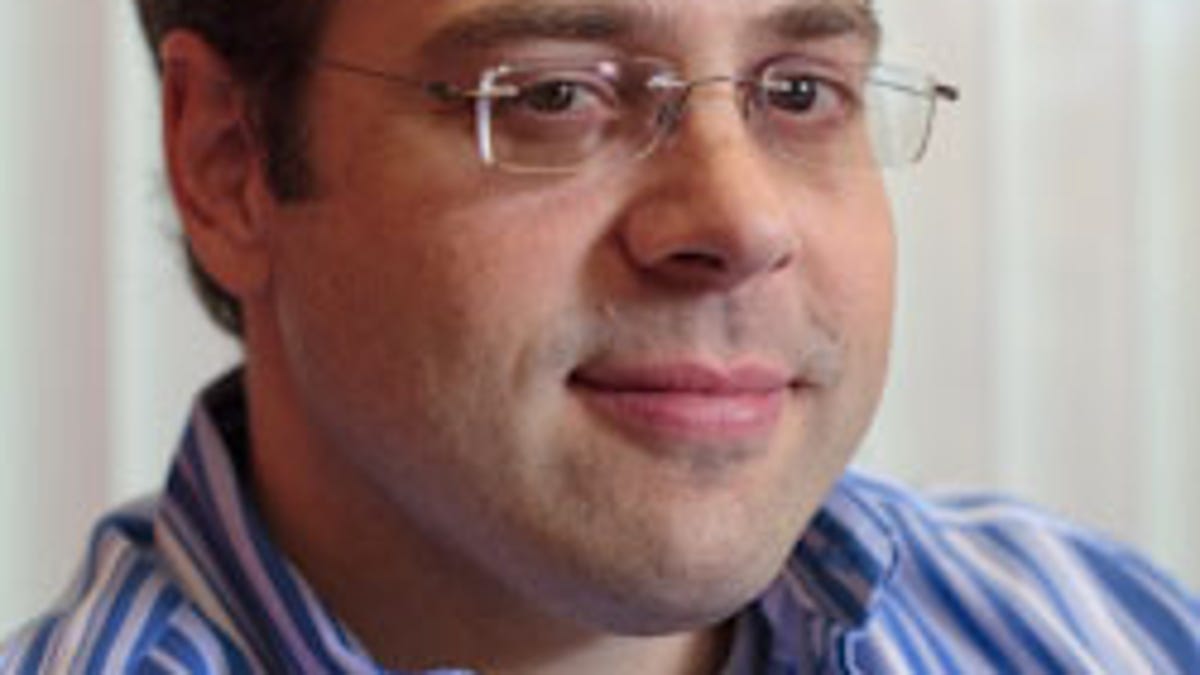Search for new Mozilla CEO begins
John Lilly will step down later in 2010. His successor will face a new challenges ranging from a reawakened Microsoft to new browser uses.

The search has begun for a new Mozilla leader now that Chief Executive John Lilly has announced plans to step down later this year.
Mozilla Chairman Mitchell Baker announced the management change and search process in a blog post Tuesday. The announcement timing is intended "to make this process more open than is generally the case and is a reflection of the uniqueness of Mozilla as a public benefit organization dedicated to openness and participation in Internet life," she said. Even after he does step down, Lilly will stay on the Mozilla board, Baker said.
The news, reported earlier by All Things Digital, came just after Mozilla announced details for its Firefox 4 release, also planned for later this year. Mozilla plans to make the browser faster, tidier, and a better foundation for Web applications. About 400 million people now use Firefox, Baker said.
Lilly joined Mozilla close to five years ago and was promoted to CEO in 2008. He's becoming a partner at venture capital firm Greylock Partners later this year, he said in a blog post Tuesday.
"Venture investing is what I've wanted to do for quite a long time--I've been involved in many startups, even building an incubator a decade ago, and have interests that span enterprise, open source, and the broader web, among others," Lilly said.
Firefox has risen to become an established power in the browser world, accounting for about a quarter of browser usage. It has used that clout to promote the idea that Web developers should create pages conforming to Web standards, not to the particularities of Microsoft's Internet Explorer, which remains dominant despite the gradually shrinking usage.
But Lilly's successor will face a faster-paced browser development market and other different challenges than Lilly did.
For one thing, Google has expanded from being Mozilla's primary source of revenue to a browser competitor as well, and Chrome continues to grow steadily month to month. For another, Microsoft has reinvigorated its Internet Explorer development: its upcoming IE9 will support a wealth of new Web standards and should answer many criticisms of slow performance.
And with the move toward Web applications fueled by all five top browser makers--Apple, Opera, Google, Mozilla, and now Microsoft--browsers are expanding to become, effectively, miniature operating systems unto themselves. At the same time browsers are expanding in this way, Mozilla is trying to increase the speed at which it releases updates.
Lilly leads the Firefox division of Mozilla. The other division, Mozilla Messaging, handles the Thunderbird e-mail software and is under the leadership of David Ascher. Mozilla Messaging has begun trying to reproduce some of the financial success of the browser group in an effort to become more self-sufficient.
Here's the full text of Lilly's good-bye note to staff on Tuesday:
Everyone,
As my five year anniversary at Mozilla approaches, I've decided that it's time for me to move on to my next role sometime later this year. This won't happen today or tomorrow -- I expect to be here and working for several months yet, and I'm planning to stay on the Board of Directors. This is a tough note for me to write -- I feel so incredibly lucky and humbled to have worked on such an amazing project, with such spectacular people, for the last few years.
But I've always been a startup guy at heart -- Mozilla was originally going to be a quick volunteer effort for me, but quickly turned into a full time job, and at the beginning of 2008 turned into the CEO job that I have now. I've really been missing working with startups, and want to learn how to invest in and build great new startups, so am planning to join Greylock Partners as a Venture Partner once we transition here.
I'm in no rush, and the most important thing to me is to build the strongest Mozilla we can, with the best leadership possible. So my plan is to stay through that transition -- we're starting a CEO search now, and plan to do it in as transparent a way as possible -- which means I'll continue in my CEO role as normal for several more months, at least.
I'll have more to say on the transition as we figure things out more clearly, but for now, business as usual. We've got Firefox 4 to ship, and Firefox on multiple mobile platforms. We've got our web services like Weave to stand up and make available to millions of users.
For now, though, I really want to communicate a deep gratitude to each of you -- over the past few years we've done an amazing amount together, and changed the world in so many meaningful ways. 400 million users are directly touched every day by the work we've done so far, and many, many more are using better browsers because of our work. There are many more contributions and victories to come.
John

